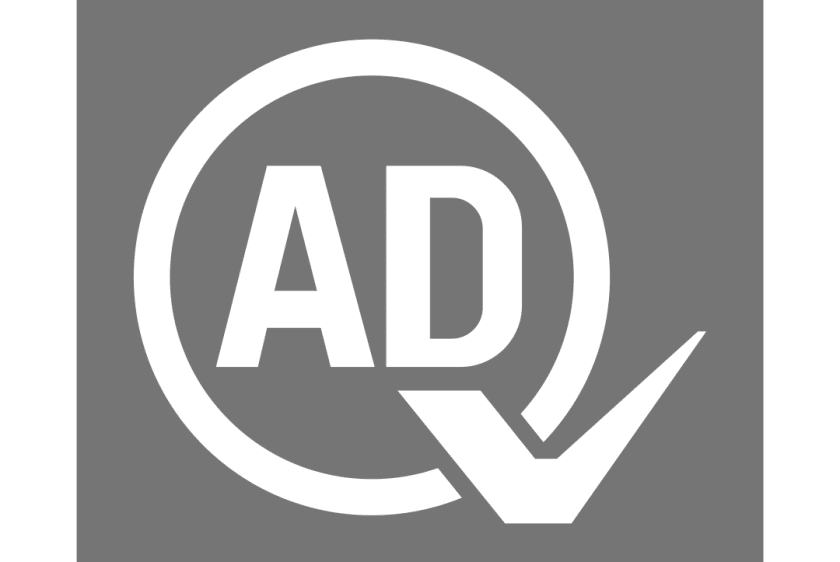OCPP EV charging
The Open Charge Point Protocol (OCPP) is the backbone of modern EV charging infrastructure, enabling seamless communication between EV charging stations and backend systems. As a universal EV charging protocol, OCPP ensures network interoperability, allowing diverse hardware and software to work together.
Key Features of OCPP EV Charging:
- Open-source framework: No vendor lock-in.
- OCPP 2.0 specifications: Enhanced security, smart charging, and diagnostics.
- Dynamic load management: Optimizes energy distribution.
For example, OCPP-compatible chargers can integrate with third-party charge point management systems (CPMS) to monitor usage and adjust charging speeds dynamically.
OCPP Meaning: Why It’s Vital for EV Chargers
OCPP (Open Charge Point Protocol) is an open-source EV charging standard developed by the Open Charge Alliance (OCA). Unlike proprietary systems, it empowers charge point operators to:
- Mix hardware and software from different vendors.
- Scale operations without compatibility issues.
- Adopt future technologies via firmware updates.
OCPP compatibility is critical for building a resilient EV charging network that supports evolving standards like OCPP 2.0.
OCPP in EV Charging: Why Do We Use It?
OCPP EV charging stations dominate the market due to their interoperability and adaptability. Here’s why stakeholders prefer OCPP:
- Cost Efficiency: Avoid vendor lock-in and reduce long-term expenses.
- Smart Charging Solutions: Enable demand response and off-peak charging.
- Global Adoption: Supported by leading brands like ChargePoint and EVBox.
OCPP vs. ISO 15118: While ISO 15118 focuses on vehicle-to-grid (V2G) communication, OCPP is the go-to for charge point management and cross-vendor compatibility.
The Advantages of OCPP Software
Flexibility and Choice
OCPP implementation allows operators to choose hardware from brands like Beny or ABB while using a unified CPMS. This flexibility is crucial for businesses expanding their EV charging infrastructure.
Keeping Pace with Innovation
OCPP 2.0 specifications introduce:
- TLS Encryption: Secure data transmission.
- Improved Diagnostics: Predictive maintenance alerts.
- Smart Charging: Integration with renewable energy sources.
Effective Management with CPMS
A charge point management system centralizes control over:
- Real-time monitoring of EV charging stations.
- Dynamic load management to prevent grid overload.
- Billing and user authentication.
Competitive and Savvy Solutions
Businesses using OCPP EV charging reduce operational costs and attract EV drivers with reliable, future-proof technology.
Explore OCPP 2.0 Dual Chargers →
How to Check if a Charger is OCPP Compliant
- Certification: Verify OCPP 1.6J or 2.0.1 compliance.
- Documentation: Check the manufacturer’s specs for OCPP compatibility.
- Testing: Use a CPMS like ChargeLab to validate communication.
Pro Tip: Brands like Beny Commercial explicitly state OCPP compliance in their product descriptions.
View OCPP-Compliant Chargers →
People Also Ask
What is OCPP in EV charging?
OCPP is an open-source protocol ensuring EV charging stations communicate effectively with management systems, regardless of manufacturer.
What is the 80% rule for EV charging?
EV batteries charge slower above 80% to prevent degradation. Smart charging solutions automate this process.
How to implement OCPP?
- Select OCPP-compatible hardware.
- Integrate with a CPMS.
- Configure dynamic load management settings.
What is the best practice for EV charging?
- Use OCPP EV charging stations for flexibility.
- Schedule charging during off-peak hours.
- Regularly update firmware for security.
What is the difference between API and OCPP?
While both facilitate communication, APIs (Application Programming Interfaces) are general-purpose tools for software interaction, whereas OCPP is a specialized protocol for EV charging management:
- APIs: Used broadly (e.g., payment gateways, weather data).
- OCPP: Tailored for EV charging stations, covering charging sessions, diagnostics, and smart charging solutions.
For instance, a CPMS might use APIs to integrate mapping services but rely on OCPP to manage chargers.
Related Resources
- OCPP 2.0 Dual Charger: Features & Benefits
- Single-Socket 22kW OCPP Chargers
- Dual-Socket 2x22kW OCPP Chargers
- Complete Guide to OCPP and OCPI
By adopting OCPP EV charging, businesses and operators can future-proof their EV charging infrastructure while ensuring smart charging solutions and network interoperability.
🚀 Upgrade to OCPP 2.0 today! Explore OCPP Chargers





